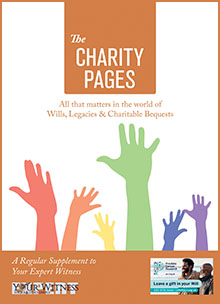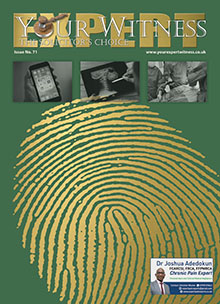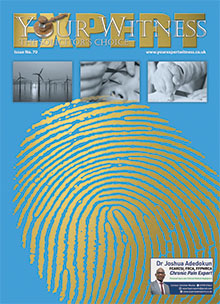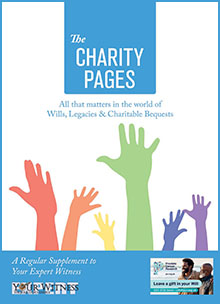WHAT IS mental capacity? To have capacity is usually accepted as the ability to make decisions concerning oneself; to be able to have autonomy over one’s life. That leads on to the question: what is meant by autonomous? Does being autonomous mean the ability to make a decision that can be accepted or does it require the added ability to carry out any related action? The recent introduction of the Mental Capacity Act 2005 has brought this issue to the fore in health and social care. Consequently, a decision that is contrary to medical advice cannot suggest that the decision maker does not have capacity.
Accepting that ‘mental capacity’ is having the ability to determine what happens to one’s body, ie habeas corpus, rather than the ability to carry out all functions, then the next question is how is mental capacity assessed and is an assessment a once-and-for-all event.
Assessment needs to be undertaken every time a person has a need to make a decision. The degree/rigor of assessment will vary depending on the seriousness of the decision required. That is, the assessment required around a cup of tea is different to a decision regarding place of residence, a major operation or taking part in research.
The assessment of capacity needs to assess whether the client/patient has the ability to understand information presented to them, can manipulate information and then provide a response and understand the consequences of the response/answer that they have provided. Consequently, any formal assessment needs to assess memory, frontal lobe function and abstract reasoning. No one test will do this fully. Simple tests include the 30-point minimental state examination and some frontal lobe/executive functioning tests are frequently used as quick assessments.
For any assessment to be valid the person needs to be free from any acute medical/psychiatric illness that will affect the assessment. Consequently, anyone with delirium, who is semiconscious or in a coma, has acute psychosis or similar may well be unable to have their capacity assessed. Others will need help and time to come to a decision.
Information that the person has to understand needs to be presented in an acceptable format. That may mean the use of interpreters, speech and language therapists, pictures, sign language or independent parties (relatives or independent mental capacity advocates: IMCA) to help the person come to a decision. The only time this can be overridden is if the decision to be taken is a matter of life and death and an immediate decision is required.
Once someone has been assessed as not having capacity, then any decision affecting their life needs to be referred to a ‘relevant persons representative’. That may be a family member, a person nominated as having welfare interest under a Lasting Power of Attorney or someone nominated by the Court of Protection, or finally an IMCA. IMCAs are employed by local authorities to act in the best interests of a person who does not have capacity. Any of the above is required by the 2005 Act to act in the best interests of the patient regarding not only treatment, but also to ensure that there has not been any deprivation of liberty.
Deprivation of liberty should not occur without good reason and that includes being kept in hospital or a care home against their will, unless it is deemed to be in their best interest. That decision would require regular review.
The factors that need to be taken into account regarding best interest include assessing for discrimination, relevant circumstances, the possibility of a change in capacity and could the decision be delayed. Has the person been involved as much as possible, beliefs: past or present, not motivated to bring about death of the person, have the views of other family members been taken into account, is there a living will?



 “Speculate before you accumulate. I am a long term regular writer and advertiser in 'Your Expert Witness - the Solicitor’s Choice'. This investment pays me substantive dividends; I get more Expert Witness work with every issue. Not only solicitors and barristers but also judges seem to read it. It is a win-win situation. Success breeds success; I must continue to write and advertise.”
“Speculate before you accumulate. I am a long term regular writer and advertiser in 'Your Expert Witness - the Solicitor’s Choice'. This investment pays me substantive dividends; I get more Expert Witness work with every issue. Not only solicitors and barristers but also judges seem to read it. It is a win-win situation. Success breeds success; I must continue to write and advertise.”






















































































































